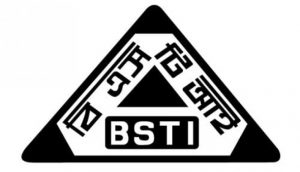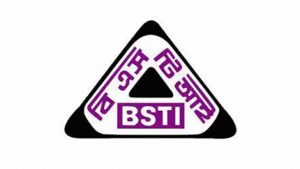COTABATO CITY – Efforts to push the country’s campaign for its entry
to the world’s halal industry will take center stage in the two-day
convergence of international and local experts Monday in Manila, a
sponsoring government agency official said Saturday.
Dr. Zenaida P. HR Laidan, Department of Science and Technology
(DoST) regional director for South–Central Mindanao, said her office is
spearheading the second national halal forum geared towards charting
the roadmap of the country’s still fledging halal industry.
“The event will serve as an ideal venue in tackling a national level
platform for the future course of the Philippine halal industry,” said
Laidan, a Muslim scientist.
Last year, the regional DoST office conducted its first national
halal forum in General Santos City with the theme “The Halal Market –
The Best Market Place for Mindanao Economic Growth.”
The second halal convergence, envisioned with the theme “Enhancing
Halal Science and Technology for Economic Growth and Social Equity,”
will be held at the Shangri-la Hotel in Makati City starting Monday
where dozens of foreign and regional speakers are invited to attend.
Laidan said that for the country to be able to penetrate the global
market, there’s a need to ensure the credibility and quality of the
products that will be tapped for possible entry into the foreign market.
Ensuring the credibility of our halal products can be done only
through rigid scientific and technological assessment in adherence to
Islamic standards, she noted.
By adopting halal requirements in terms of religious aspect alone in
coming with halal products doesn’t necessarily ensure their
credibility, since testing if they are free from swine contamination
can be done only through scientific and technological methods, Laidan
explained.
“Religion and science must go hand-in-hand to develop a strong halal
industry. You cannot leave behind one of them and then claim that you
have a credible halal product,” she said.
Halal can be food and non-food products free from any hog contamination.
In its effort to help develop a sound halal industry, the DoST
regional office has established a state-of-the-art laboratory worth P60
million in this city that can detect the tiny traces of pork and other
miniscule of haram (forbidden) contaminants in products claimed to have
been halal-certified.



